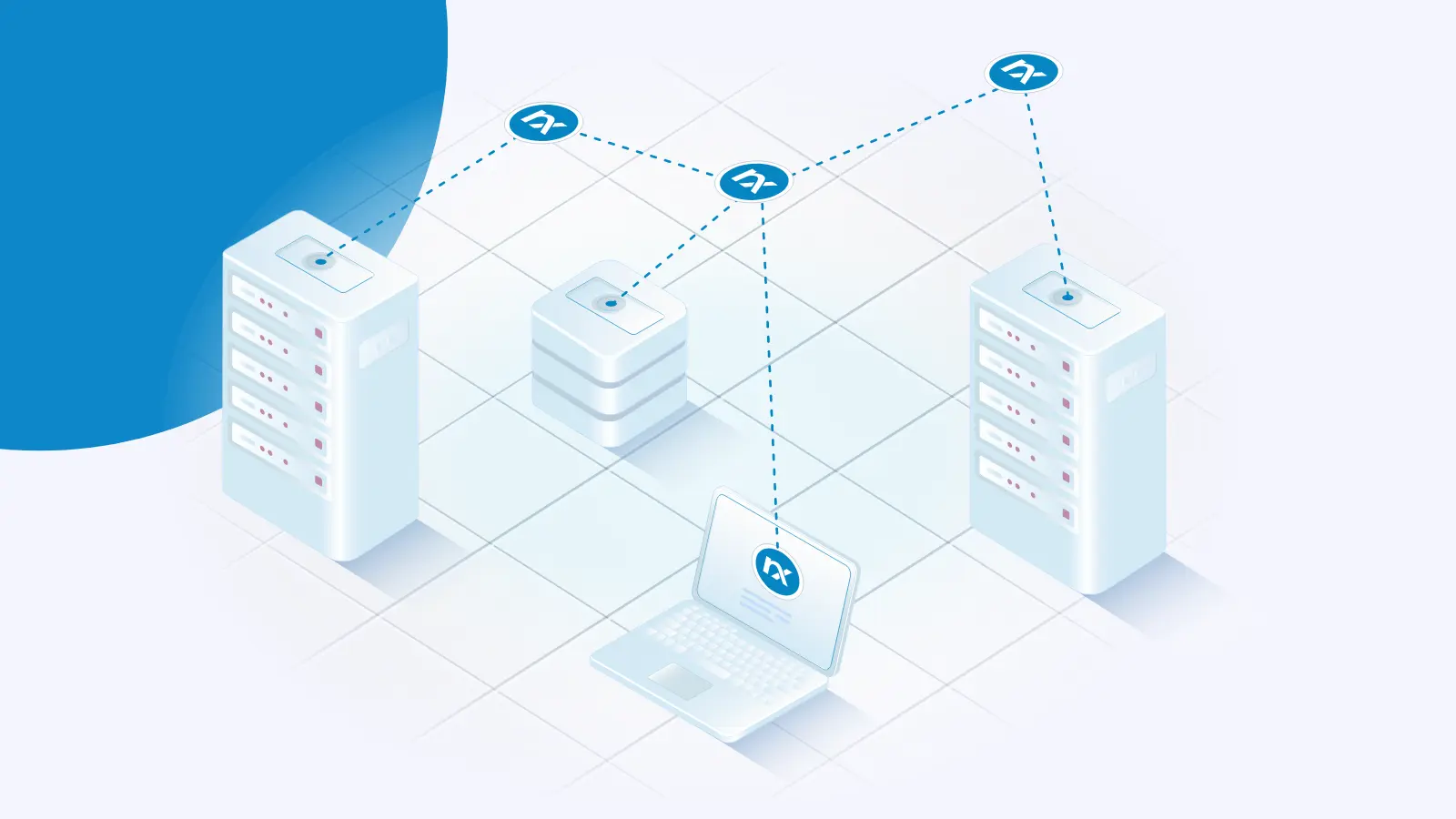nxlog configuration | memory management
Understanding memory usage in NXLog
Understanding how NXLog allocates memory is essential to optimize your configuration for performance and utilize system resources efficiently.
NXLog is designed for high-performance log collection and processing and is optimized to use system resources efficiently. However, various external factors affect how NXLog uses system resources, including memory, which can impact NXLog’s and its host’s performance. Misconfiguration is the leading factor we see when troubleshooting excessive memory consumption. Therefore, in this blog post, we will dive deeper into how NXLog allocates memory to help you create the optimal configuration for your system or determine whether high memory usage results from a misconfiguration.
syslog-ng | comparison | nxlog configuration
Need to replace syslog-ng? Changing to NXLog is easier than you think
syslog-ng and NXLog are both powerful log collectors providing flexible log processing. However, you might be in a position where you need to switch from syslog-ng to NXLog. Whether it’s because syslog-ng doesn’t support an operating system or you want to upgrade your log collection solution to one that can be centrally managed, converting your syslog-ng configuration to NXLog is a simple task.
How do syslog-ng and NXLog differ? syslog-ng and NXLog are alike in many ways.


